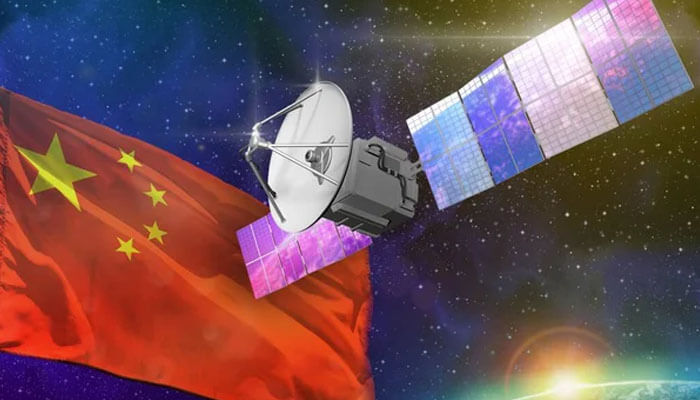According to NASA Administrator Bill Nelson, the US and China are “in a space race to go back to the moon.” Mr. Nelson said he wants to make sure “we get there first” in an interview with the BBC.
His remarks bring back memories of NASA’s space competition with the Soviet Union in the 1960s and 1970s. However, a half-century later, a lot more work is being done by private enterprises for NASA.
According to Mr. Nelson, they are essential because they enable NASA to tap into “the creativity of entrepreneurs in the private sector” and to share the enormous expenditures.
He cites Elon Musk’s SpaceX, which created the most potent rocket ever made and was given a $3 billion (£2.4 billion) contract in 2021 to build a lunar lander.
These two businesses are only two that profit from government assistance totaling billions of dollars. In the midst of far more extensive tensions between the two largest economies in the world, money is being spent, at least in part, in an effort to stay ahead of China.
India was the first country to reach the lunar south pole region and the fourth country overall to accomplish a soft landing on the moon in late August.
NASA keeps a watchful eye on China’s space program despite its achievements.

China is the only nation with a space station of its own; it has returned moon samples to Earth and wants to travel as far as the polar regions of the moon.
“I’m concerned that we find water on the south pole of the moon, China gets there, and China says this is our area,” expresses Mr. Nelson’s fear. This place is ours; you cannot enter.”
Mr. Nelson contends that his worries are validated by China’s construction of man-made islands as a means of asserting sovereignty over a portion of the South China Sea.
A further problem raised by Mr. Nelson is that China is not a party to the US-led Artemis Accords, which are meant to serve as guidelines for optimal space and lunar operations.
China has previously dismissed US concerns about its space program as “a smear campaign against China’s normal and reasonable outer space endeavors” and asserted that it is dedicated to the peaceful exploration of space.
NASA is making significant investments because of the rivalry. According to the agency, its spending on the US economy in the year ending in September 2021 was worth $71.2 billion, representing a 10.7% rise from the previous year.
Although well-known companies like SpaceX may get media attention, NASA spends significantly more on the economy.
According to Mr. Nelson, “small businesses receive a quarter of our spending.”
According to Harvard Business School space economist and former NASA engineer Sinead O’Sullivan, such money can spur the expansion of small businesses, especially start-ups.
According to her, start-up companies frequently have contracts with the government as their first client, which can help them approach private investors and raise even more money.
We frequently discuss private equity and venture finance, but governments are just as vital, if not more so, according to Ms. O’Sullivan.



